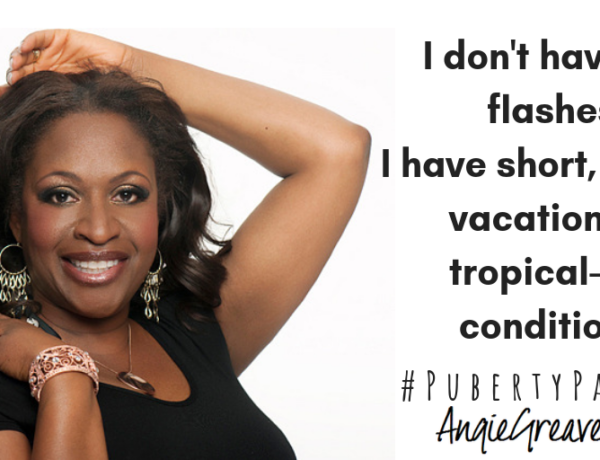It is estimated that there are about 800,000 people with Dementia in the UK. Another shocking statistic is that around 400,000 people have dementia but don’t know it. The goal of Dementia Awareness Week is to raise awareness to achieve earlier diagnosis, allowing families to plan for symptoms of this condition.
What Is Dementia?
It’s not a disease in and of itself. Dementia is a general term for a decline in mental ability severe enough to interfere with daily life. Memory loss is an example. Alzheimer’s is the most common type of dementia.
Symptoms of Dementia Include:
- Memory Loss – problems with short term memory is often the first sign of dementia.
- Communication Problems – linked to memory loss, communication problems often arise when a person is unable to recall a particular word or phrase in conversation.
- Changes In Mood – dementia symptoms can have a profound effect on a person’s life; this can give rise to mixed emotions (sadness, anxiety, anger).
Dementia symptoms are progressive; meaning that they get worse over time.

- It’s not just a part of getting old – even though it’s most common over the age of 65, dementia can also affect much younger folk. Over 17,000 people under the age of 65, in the UK, have this condition.
- It’s not a disease – symptoms of dementia are caused by physical disease such as Alzheimer’s which directly affects the brain.
- It’s not only about memory loss – dementia can have a huge impact on a person’s life and on the people around them.
- You can live with dementia – many people with early stage dementia live full lives although adjustments may be taken to cope with symptoms.
- There’s more to a person than just dementia– this is reflected through the recurring ‘Remember The Person’ theme for this Awareness week.
African-Caribbean People are more vulnerable to dementia

Dementia is more common in older African-Caribbean people than in White people, a UK study shows. They also found that it tends to affect African-Caribbean people at a younger age. The study, published by the British Journal of Psychiatry, was the largest study done on this subject.
Lead researcher Dr Simon Adelman told Dementia.org:
“Our study shows there is an increased prevalence of dementia in older people of African-Caribbean country of birth who are living in the UK. It also suggests that dementia affects African-Caribbean people at younger ages.”
“Older Black people in the UK are generally first-generation immigrants, and the largest of these groups are people of African-Caribbean descent. For the first time, many of this group have now reached retirement age. Healthcare staff working in both primary and secondary care need to be aware than dementia may occur more commonly, and at younger ages, in African-Caribbean people than White people. Our study also supports the move towards providing health and social care services based on people’s needs – not just on their age.”
Studies have found that African Caribbean people may be more prone to cardiovascular disease, hypertension and diabetes, which are all risk factors for developing vascular dementia. Why? African Caribbean families tend to approach their GP or other health services later than people from other ethnic backgrounds about the early signs of dementia. This means that they may not receive an early diagnosis, when the dementia could be quite advanced or when there is a crisis.
So what do we do? We get screenings. We make sure our loved ones are cared for and get the help they need. Which is why Dementia Awareness is SO important regardless of your background or ethnicity!
Have you experienced a loved one with Dementia? What experience can you share to help with early diagnosis of Dementia? This needs to be talked about and I’d love to hear from you… Leave me a comment below or you can join the discussion on Facebook,Twitter, and Instagram. Let’s talk about it!






